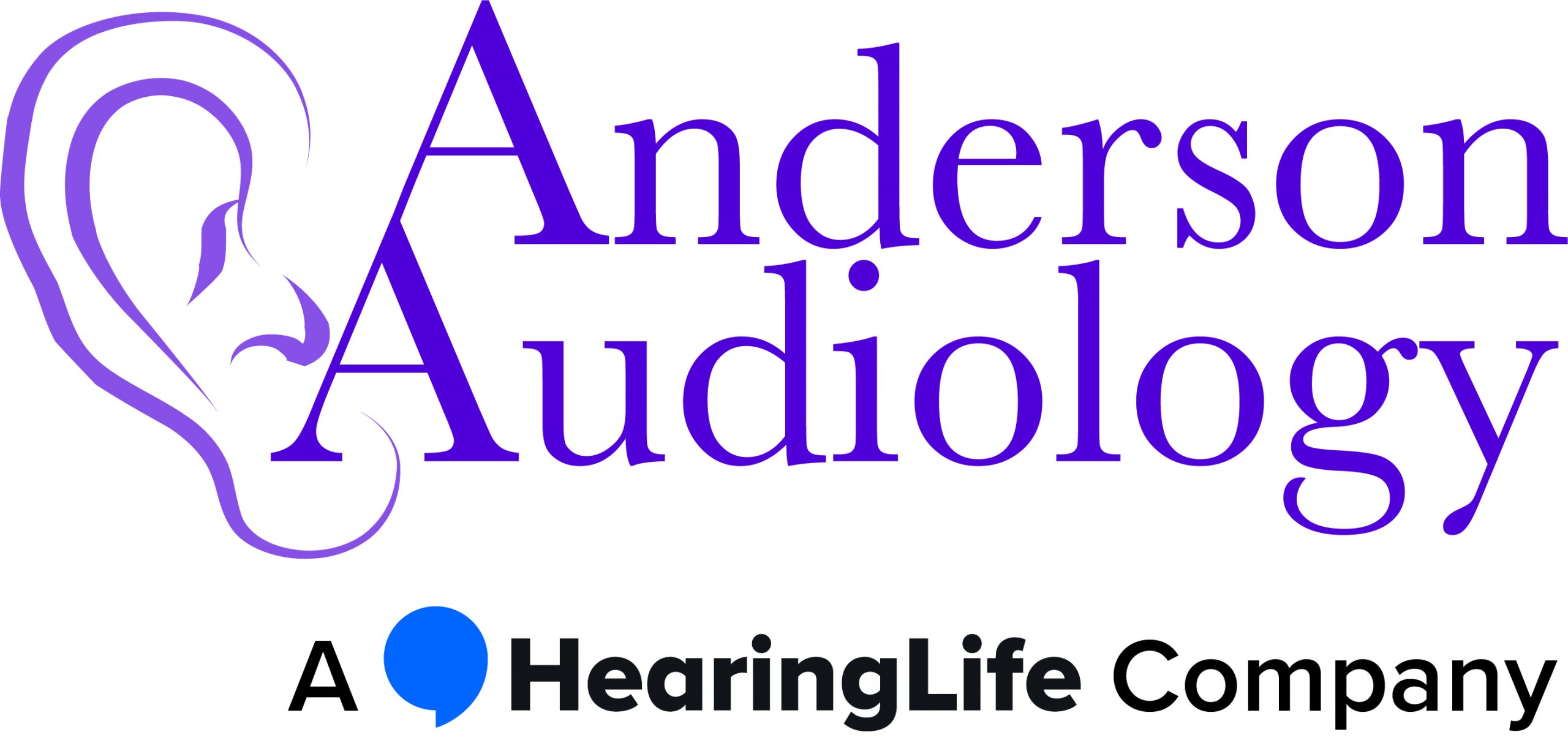Hearing Loss Linked To Depression
Even though audiologists and hearing specialists have long suspected a connection between hearing loss and depression based on years of anecdotal evidence, until recently, there was limited scientific data to support this link. The few studies that were performed showed mixed results, tenuous connections and primarily focused on seniors or specific demographics. However, a 2014 study documented the connection between depression and hearing impairment with quantifiable data – showing that women and individuals under 70 years of age in the U.S. are particularly susceptible to depression if they already have some degree of hearing loss.
The 2014 study, authored by Chuan-Ming Li, M.D., Ph.D., a researcher at the U.S. National Institute on Deafness and Other Communication Disorders, was published in JAMA Otolaryngology – Head & Neck Surgery. Among the findings of this study was a significant association between hearing loss and moderate to severe depression. Researchers found that 5% of individuals without hearing loss had symptoms of depression, compared to 11% of individuals with hearing loss who also exhibited signs of depression.
Who Is Most at Risk of Developing Depression if They Have Hearing Loss?
More than 18,000 adults, 18 years and older, responded to the U.S. National Health and Nutrition Examination Survey, filling out a questionnaire that was designed to reveal depressive symptoms. Based on the data collected from this study, the connection between hearing loss and depression was most pronounced in participants between 18 and 69 years of age, and participants who were women. A connection between the two was not detected in participants who were older than 70, except in women. This may be due to the fact that women, after the age of 65, begin losing the ability to hear higher frequencies, which are crucial in being able to comprehend speech in loud environments, leading to feelings of depression.
Why Are Individuals With Hearing Loss More Likely to Experience Depression?
Hearing impairment often presents those who suffer from it with a host of interpersonal challenges, particularly those who don’t use hearing aids. People with hearing loss often express difficulty in communicating with family members, colleagues and friends, which sometimes leads to the individual with hearing loss retreating from social life and isolating him- or herself. If you or someone you love is experiencing symptoms of hearing loss and depression, schedule an appointment with your primary care physician and audiologist.
For more information on hearing loss and depression, visit WebMD. See the details of the aforementioned 2014 study here.
To learn more about your hearing health, contact us or call 702-978-8004 to make an appointment.
